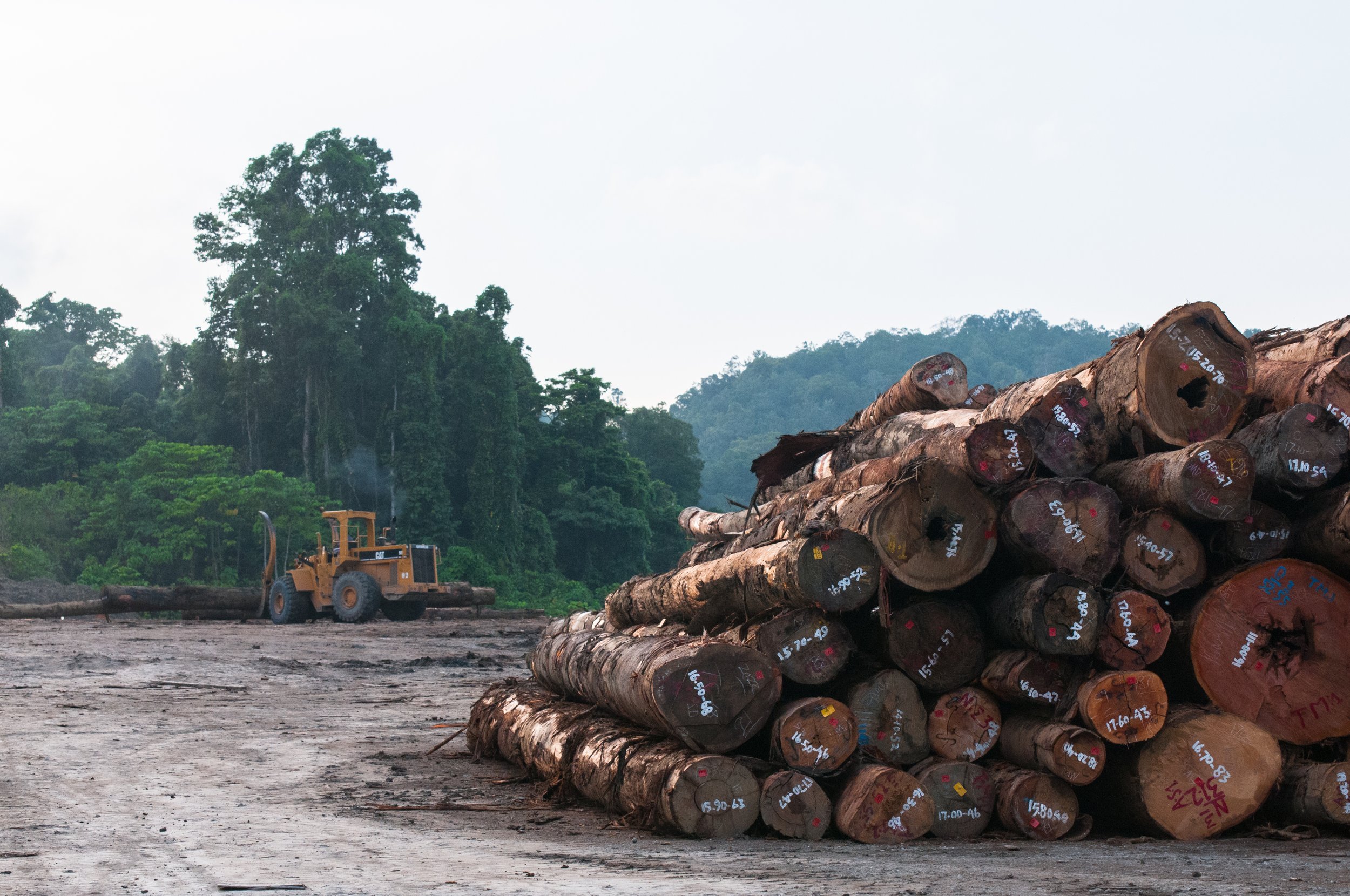Industrial Logging and the Fight to Preserve of Papua New Guinea’s Kwila Forests
The type of trees in the forest are Intsia bijuga, more commonly known as ipil and kwila, and hold significance within spiritual traditions. (Flickr)
Residents of Suburam, a small village located in Papua New Guinea’s Sumkar district, have recently boosted their criticism of bulldozing and logging techniques. They claim that these techniques are both environmentally unfriendly and disrespectful to long-standing cultural practices. The type of trees in the forest are Intsia bijuga, more commonly known as ipil and kwila, and hold significance within spiritual traditions.
The Tivia clan, along with other ancestral landowning clans in the area, used the Yikmol Landowners Association as a platform to alert lumber companies that “the loggers they had caused damage to the external border of a designated conservation area, that they had no right to be there and should withdraw immediately.” There is growing tension with companies in the areas where Papua New Guinean communities have specified as ‘okay’ to chop trees. These tensions have resulted from claims that these companies lack sensitivity to the stability and the destruction of the forests’ biodiversity. These clans have resorted to selling land or bushes in recent decades to prevent economic decline. As a result, many landowners claim their circumstances make them susceptible to exploitative deals and that a lack of sustainable practices reinforces short-term logging techniques. Unfortunately, both of these practices contribute to the continued weakening of their communities.
These criticisms are by no means recent. In 2007, Greenpeace accused China of illegal logging and smuggling, claiming that the logging would lead to complete deforestation in the coming decades. Less than a year later, New Zealand attempted to halt the importing of kwila trees because of exploitative and “dodgy” practices. Internationally, activists have worked to protest the mistreatment of these forests for almost two decades, especially because much of Oceania, South Asia, and parts of East Asia are the largest importers of kwila trees.
Examples of media activism include a movie made in 2011 titled Bikpela Bagarap (Big Damage), which highlights the corruption found in the kwila logging industry and firmly asserts that “the exploitation and greed of the modern world… is [a] curse” that directly harms the communities living near these forests. Moreover, activists have also argued that the “timber laundering,” manipulation, aggressive deforestation, and adverse impacts on the region’s climate all warrant the classification that the political situation in West Papua and Papua New Guinea is a human rights crisis.

